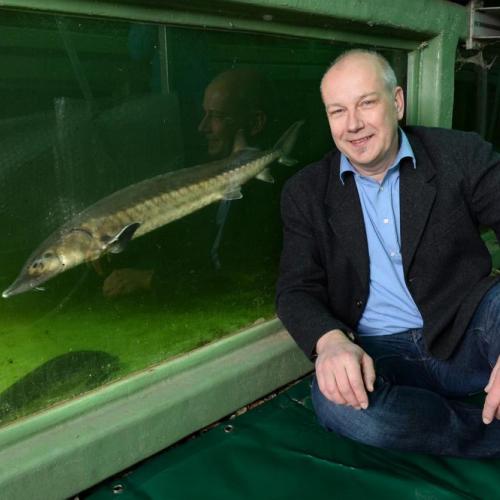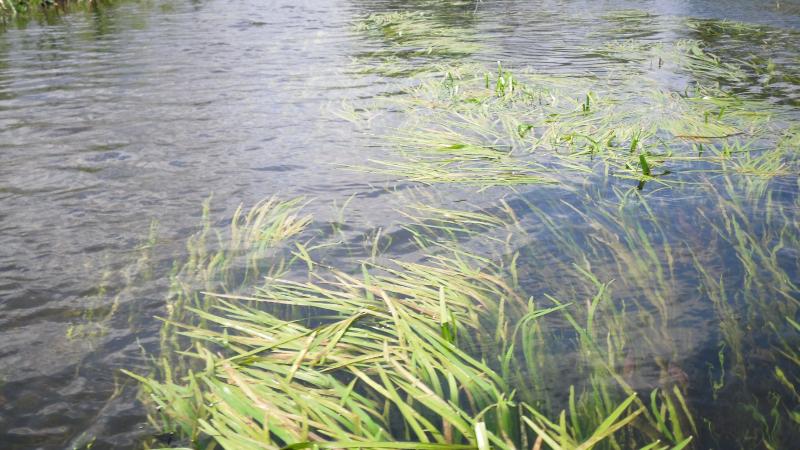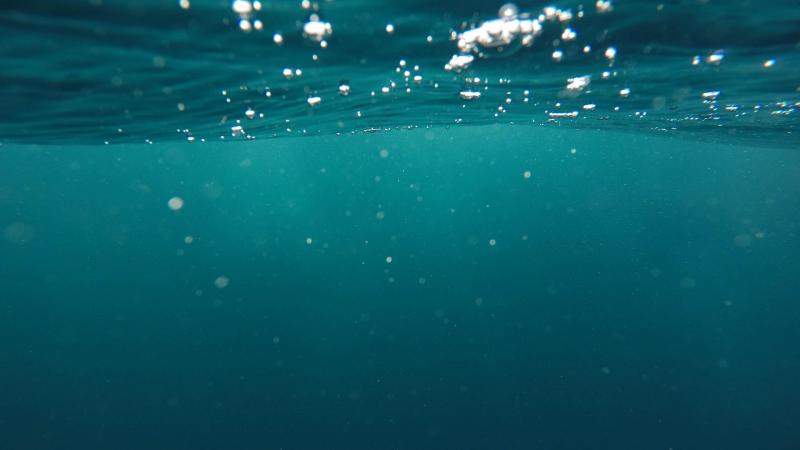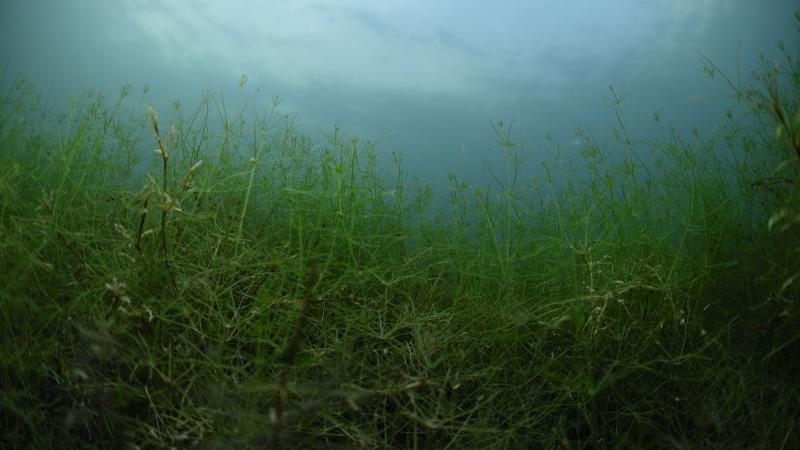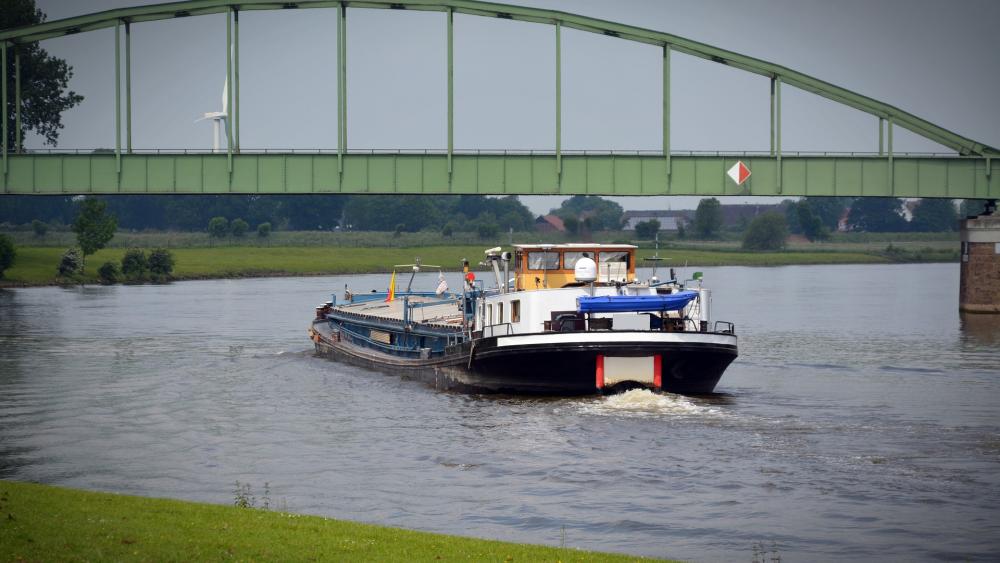
Maintenance and development of inland waterways often conflict with environmental protection. Picture: bernswaelz/pixabay.
From a research-based perspective, the IGB scientists underline that inland waters such as rivers must not merely be seen as existing or potential traffic corridors, but they also provide multiple provisioning, regulating and cultural ecosystem services, including flood retention. In the first place, they represent highly threatened habitats for aquatic biodiversity, protected by European laws and regulations. This water-dependent biodiversity has a value in itself, and also forms the basis for functioning and resilient ecosystems. Thus, there exist severe target conflict in the legal and political sphere between the TEN-T programme on one side, and the Water Framework Directive (WFD), Natura 2000, and the recent EU Biodiversity Strategy on the other side.
Waterway development in natural rivers very often puts the aquatic ecosystems and its services at risk, with a high probability of destroying irreplaceable habitats and species communities. The development of waterways in natural rivers very often endangers aquatic ecosystems, with a high probability of destroying irreplaceable habitats and species communities.
For all waterway projects, the IGB researchers therefore urgently recommend mandatory external environmental impact assessments and robust cost-benefit analyses, which should also include comparisons with alternative modes of transport, especially railway.
The full IGB feedback can be downloaded from the European Commission's website.


